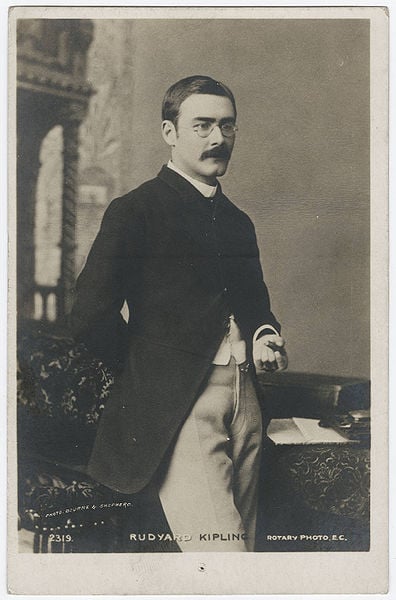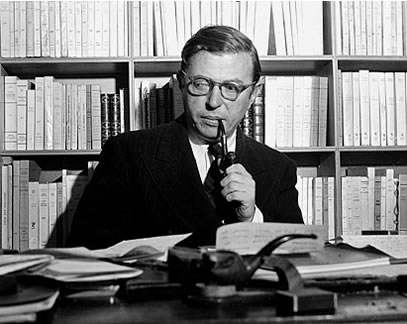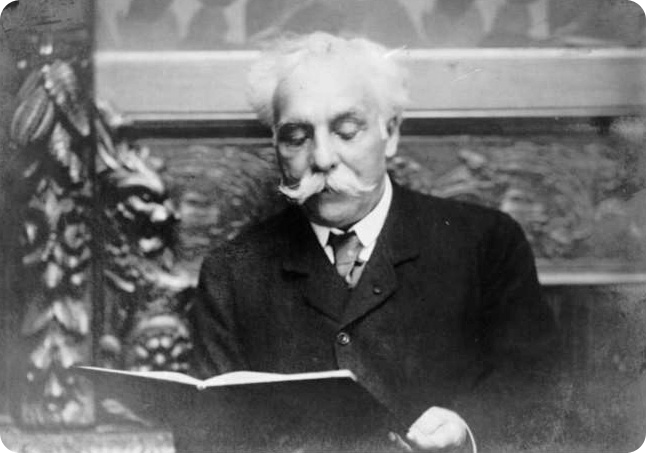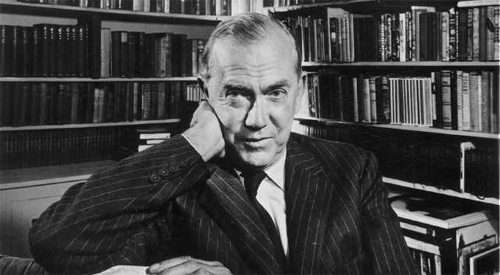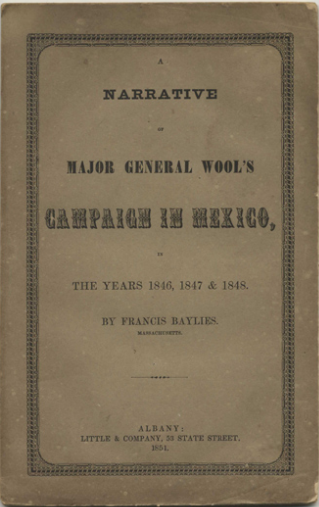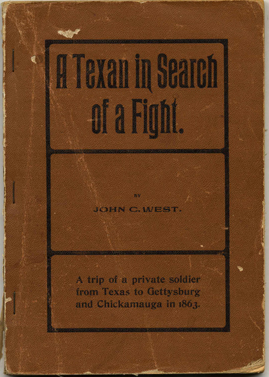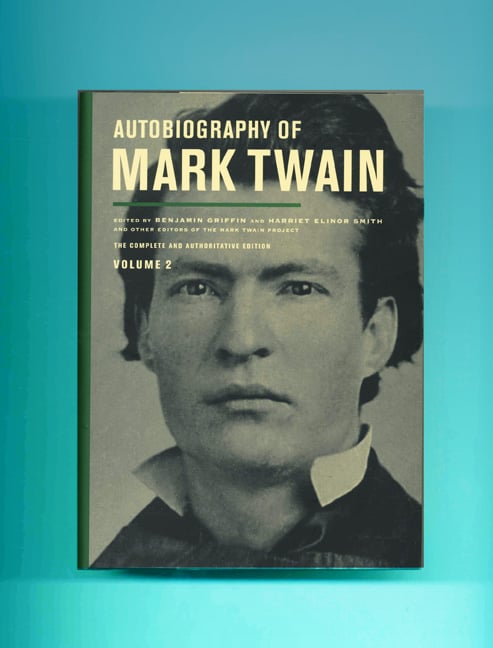Joseph Rudyard Kipling (30 Dec 1865 - 18 Jan 1936) died in England at the age of 70, the most famous and highly paid writer of his time. Born to Victorian parents who named him after Staffordshire's Rudyard Lake, Kipling split his boyhood between the markets of Bombay India and an abusive English foster home. His life of travel and tragedy led to two near nervous breakdowns, but made his creative work accessible to both the aristocracy and the everyman.
us toll free: 1-800-948-5563 international: +1 (843) 849-0283 UK: +44 (0) 1334 260018




